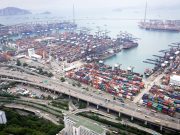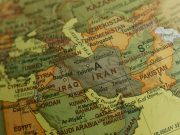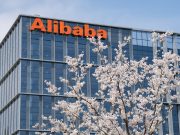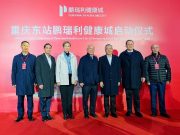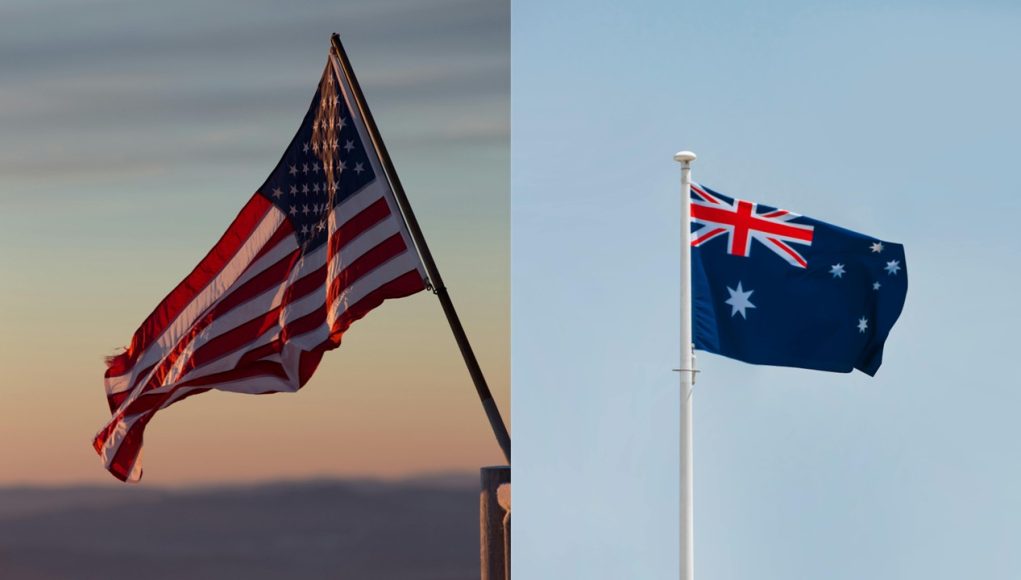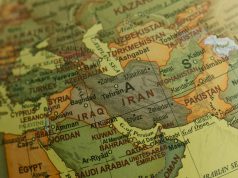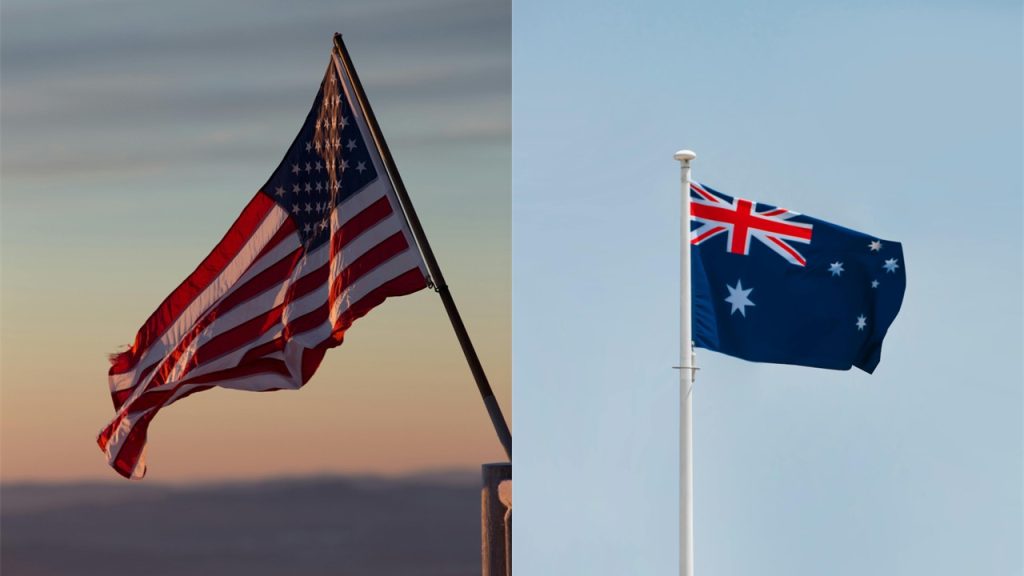
(Singapore, 21.10.2025)The United States and Australia have struck a major agreement to expand cooperation on critical minerals and rare earths, as both nations move to reduce dependence on China for key materials that power modern technologies from electric vehicles to defense systems.
U.S. President Donald Trump and Australian Prime Minister Anthony Albanese signed the pact at the White House on Monday, marking a new phase in the allies’ economic and defense partnership. The deal aims to build alternative supply chains for resources essential to semiconductors, batteries, and renewable energy — areas long dominated by China.
“In about a year from now, we’ll have so much critical mineral and rare earths that you won’t know what to do with them,” Trump declared at a joint press conference. Albanese hailed the pact as a “pipeline worth $8.5 billion,” calling it a breakthrough that would take bilateral cooperation “to the next level.”
Under the agreement, both countries will contribute over $1 billion each within six months to jumpstart mining and processing projects. The plan also includes setting a minimum price floor for critical minerals — a move that Western producers have long sought to prevent market manipulation.
According to details released by Albanese’s office, the pact covers not only resource extraction but also processing facilities, recycling programs, and joint research on new mining technologies. The Pentagon will fund construction of a new advanced gallium refinery in Western Australia capable of producing 100 metric tons annually, while the U.S. Export-Import Bank is issuing letters of interest totaling $2.2 billion for related projects.
Gallium is a key ingredient in semiconductors and advanced weapon systems. China, which halted exports of the metal to the U.S. last year, currently dominates global production. The refinery is expected to help close that gap.
The deal is the latest in Washington’s efforts to secure supplies of critical minerals and reduce strategic vulnerabilities to Beijing. China’s decision to tighten export controls on rare earths this year has rattled global markets and pushed the U.S. and its allies to act quickly.
The White House said the agreement will target mineral deposits valued at roughly $53 billion, though it did not specify which types or locations would be prioritized. The term “critical minerals” covers materials like lithium, nickel, and rare earth elements — all crucial to manufacturing clean energy systems and advanced electronics.
Australia holds the world’s fourth-largest reserves of rare earths and is home to the only major producer of heavy rare earths outside China, Lynas Rare Earths Ltd. Over the past year, shares of Australian mining firms have surged, reflecting investor optimism that Canberra will play a leading role in Western supply diversification.
Albanese’s White House visit — his first since Trump’s return to office — underscores Australia’s balancing act between its top security partner and its biggest trading partner, China. While reaffirming Canberra’s commitment to the U.S. alliance, the prime minister also faces pressure to preserve stable trade ties with Beijing, which buys much of Australia’s iron ore, coal, and natural gas.
The meeting was cordial overall, though Trump made headlines for a brief exchange with Australia’s ambassador to the U.S., Kevin Rudd, who once called Trump “the most destructive president in history.” Spotting Rudd across the table, Trump quipped, “I don’t like you either, and I probably never will.” The remark drew laughter in the room but did not derail the talks.
Defense and Trade Also in Focus as Leaders Deepen Security Ties
Beyond minerals, defense cooperation also topped the agenda. Trump reaffirmed his support for the AUKUS defense pact, under which the U.S. and U.K. are helping Australia acquire nuclear-powered submarines. “We’re going full steam ahead,” Trump said, signaling that his administration plans to continue the A$368 billion (S$310 billion) program agreed under former President Joe Biden in 2023.
The AUKUS deal is designed to counter China’s growing military presence in the Indo-Pacific. Under the plan, Australia will purchase up to five U.S.-made Virginia-class submarines in the early 2030s, before jointly developing a new generation of submarines with the U.K. The Australian government has pledged $2 billion this year to expand U.S. shipyard capacity and prepare facilities to maintain American submarines at its naval base from 2027.
Trump also confirmed that Australia will proceed with a $1.2 billion purchase of underwater drones and take delivery of Apache helicopters under a separate $2.6 billion arms package.
While the minerals deal marks a step forward, Trump made clear that tariff relief for Australia is unlikely. “Australia pays very low tariffs — very, very low tariffs,” he said, indicating that Canberra should not expect exemptions from the 10% import duties the U.S. president has imposed on many trading partners.
That stance adds complexity to Albanese’s diplomatic balancing act. His government has sought to deepen economic engagement with both the U.S. and China, visiting Beijing twice since taking office. Analysts say the prime minister must navigate carefully to maintain access to Chinese markets while expanding strategic cooperation with Washington.
The rare earth agreement comes at a critical moment. Trump is expected to meet Chinese President Xi Jinping in South Korea next week, where trade and technology issues will dominate discussions. With both countries vying for control of the minerals that underpin the world’s green and digital transition, Monday’s U.S.-Australia pact signals a tightening alliance aimed at reshaping global supply chains.
Albanese summed up the stakes succinctly: “This is about securing our future industries, our defense, and our sovereignty.”


